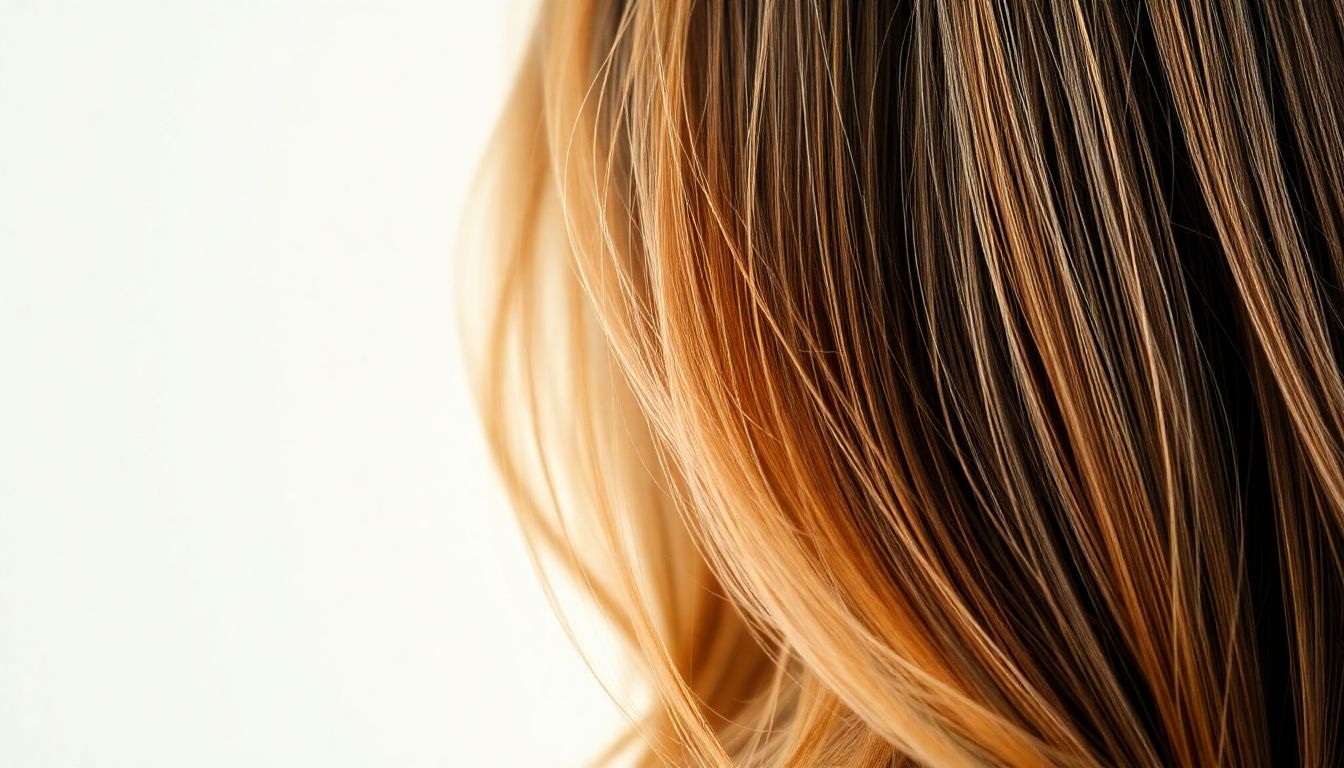
Hair loss affects many people, with surprising statistics revealing that around 40% of women and 85% of men experience some degree of hair thinning by the age of 50. This common issue isn't just an aesthetic concern; it can impact self-esteem and confidence significantly. Understanding hair loss is crucial to finding effective solutions. This article explores the best products and natural remedies to combat hair loss, empowering you to reclaim your hair’s fullness.
Understanding the Causes of Hair Loss
Genetic Predisposition
Hereditary hair loss, known as androgenetic alopecia, is a significant cause of hair thinning. Genetics plays a major role, with studies indicating that 80% of hair loss cases are hereditary. If your family has a history of hair loss, you might be at risk.
Hormonal Imbalances
Hormones greatly influence hair growth cycles. Conditions such as pregnancy, menopause, and thyroid issues can lead to hair shedding. For example, many women notice hair loss after childbirth due to hormonal shifts.
Nutritional Deficiencies
A lack of essential nutrients can lead to hair loss. Key nutrients for hair health include:
- Iron: Helps red blood cells carry oxygen to hair follicles.
- Biotin: Promotes hair strength and growth.
- Zinc: Supports hair tissue growth and repair.
Eating a balanced diet rich in these nutrients can help maintain healthy hair.
Top Hair Loss Products: A Comprehensive Review
Minoxidil (Rogaine)
Minoxidil is a topical solution widely used to stimulate hair growth. It works by increasing blood flow to the hair follicles. Clinical studies show that around 60% of users notice hair regrowth after several months. Possible side effects include scalp irritation and unwanted facial hair growth.
Finasteride (Propecia)
Finasteride is an oral prescription medication used primarily by men. It blocks the hormone responsible for hair loss. Studies show that about 80% of men experience less hair loss after using it. Common side effects may include decreased libido and erectile dysfunction.
Hair Growth Supplements
Various supplements claim to promote hair health. Popular options include:
- Biotin: Known for strengthening hair.
- Collagen: Supports overall hair structure.
Choose high-quality supplements from reputable brands and consult a healthcare provider before starting any new regimen.
Natural Remedies for Hair Loss
Essential Oils
Essential oils, such as rosemary and lavender, can support hair growth. Small studies suggest that these oils might improve circulation to hair follicles. However, more research is needed to solidify this claim.
Scalp Massage
Scalp massage can increase blood flow and stimulate hair follicles. Here’s a simple guide to effectively massage your scalp:
- Use your fingertips to apply gentle pressure.
- Move in circular motions for about 5-10 minutes.
- Focus on areas where hair is thinning.
Doing this regularly can improve circulation and promote hair health.
Dietary Changes
A balanced diet is vital for maintaining hair health. Ensure your meals include:
- Lean proteins (like chicken and beans)
- Fruits and vegetables (for vitamins)
- Healthy fats (like avocados and nuts)
Consider tracking your diet to ensure you’re getting enough nutrients.
Lifestyle Factors Affecting Hair Growth
Stress Management
Stress can trigger a type of hair loss called telogen effluvium. Techniques to reduce stress include:
- Deep breathing exercises
- Meditation
- Regular physical activity
Implementing stress management practices can help protect your hair.
Sleep Hygiene
Adequate sleep is critical for overall health, including hair growth. Aim for 7-9 hours each night. Tips for better sleep include:
- Establishing a regular bedtime routine.
- Avoiding screens before bed.
- Creating a comfortable sleep environment.
Hair Care Practices
Certain hair care practices can damage your hair. Avoid:
- Tight hairstyles that pull on hair.
- Harsh chemical treatments.
Instead, use gentle shampoos and conditioners. Protect your hair from heat styling tools whenever possible.
When to Seek Professional Help
Identifying Underlying Medical Conditions
If you notice sudden or excessive hair loss, consult a healthcare provider. Conditions like alopecia areata or thyroid issues may need medical attention.
Hair Transplant Procedures
Hair transplants can be a suitable option for some individuals. This surgical procedure moves hair follicles from one area to another. Risks include infection and significant recovery time. Discuss your options thoroughly with a qualified surgeon.
Finding a Qualified Dermatologist
Look for dermatologists who specialize in hair loss. Tips for finding a qualified professional include:
- Checking online reviews.
- Asking for recommendations.
- Ensuring they offer the latest treatments.
Conclusion
Hair loss is a prevalent issue with various causes and potential remedies. From genetic factors to hormonal imbalances and nutritional deficiencies, understanding the underlying issues can guide your approach. Numerous products and natural remedies are available, allowing you to find strategies that fit your lifestyle. Always consult a healthcare professional for personalized advice, ensuring you take informed steps towards hair restoration. Remember, it’s possible to say goodbye to hair loss with the right plan in place.
